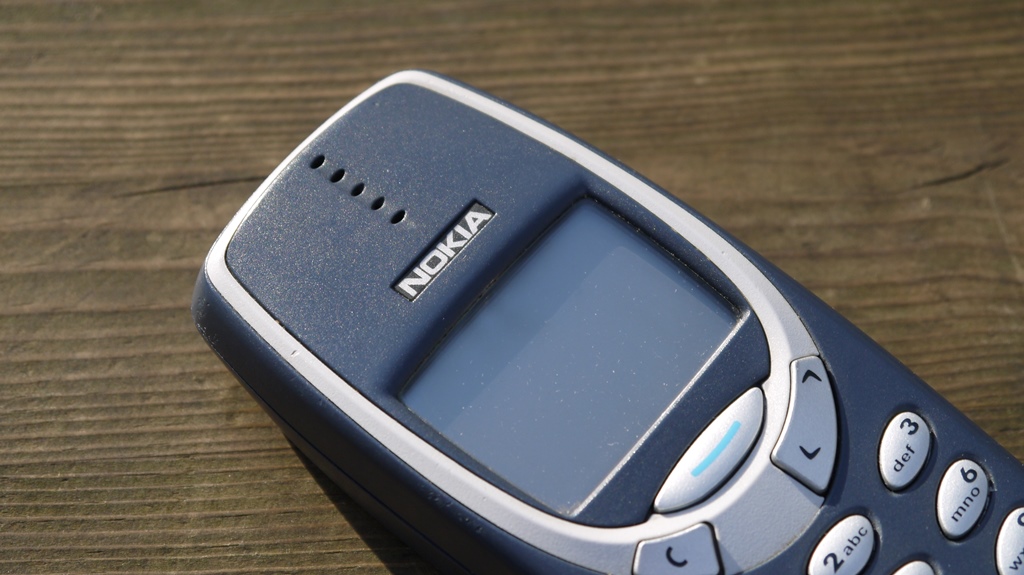Nokia and Alcatel merger could speed up 5G and Internet of Things
It's all about the networks now

Mobile handset makers Nokia and Alcatel-Lucent have announced plans to merge, a move that could speed up the arrival of technologies including 5G and the so-called Internet of Things.
Worth $16.6 billion (around US$24 billion or AUS$211 billion), the deal will bring together Bell Labs and Nokia Futureworks, two innovation centres that will focus on 5G, sensors, IP, SDN (software-defined networking), cloud tech, analytics and imaging.
A joint statement by the two companies highlighted a series of innovation-focused moves set to spur the development of 5G, which promises to bring faster data speeds and lower latency to the next generation of mobile networks.
They include activities set to take place in a 5G/Small Cell R&D Centre of Excellence based in France, and plans to hire "several hundred" new graduates to work on "future-oriented" technologies including 5G.
Nokia also announced plans to build a €100 million investment fund to invest in start-ups in France focused on the Internet of Things and the Industrial Internet.
The combined company has more than 110,000 employees globally, with around a third working in R&D alone. The new company will be headed by Nokia's current CEO, Rajeev Suri, and will retain the Nokia name which means that Alcatel-Lucent will cease to exist as a separate brand.
Lagging behind
Finnish powerhouse Nokia sold its handset division to Microsoft two years ago for $7.5 billion after failing to successfully transition from feature phones to smartphones.
Are you a pro? Subscribe to our newsletter
Sign up to the TechRadar Pro newsletter to get all the top news, opinion, features and guidance your business needs to succeed!
Once the world's largest handset manufacturer, it lagged behind Samsung and Apple as Android and iOS made Symbian obsolete.
Alcatel stopped making handsets more than a decade ago, having created and then sold a joint venture with Chinese TCL communication. Alcatel still survive in the handset market as Alcatel-TCL or Alcatel One Touch, but has no link – other than in the name – with Alcatel-Lucent.

Désiré has been musing and writing about technology during a career spanning four decades. He dabbled in website builders and web hosting when DHTML and frames were in vogue and started narrating about the impact of technology on society just before the start of the Y2K hysteria at the turn of the last millennium.